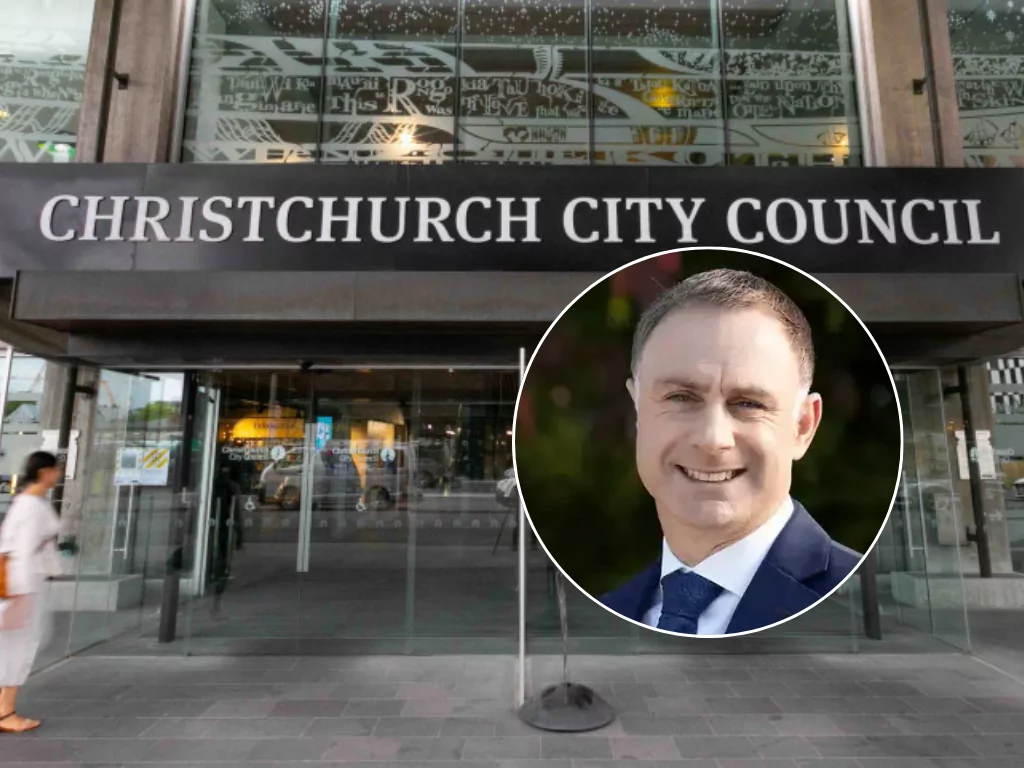Escaped youth tracked by Eagle helicopter, found hiding in New Brighton
The young person who escaped from a youth justice facility in Rolleston has been located...

The Government has introduced new legislation aimed at refocusing local councils on essential services, responding to growing public frustration over rising rates, bureaucratic expansion, and declining infrastructure.
The Local Government (System Improvements) Amendment Bill was introduced to Parliament this week and is described as a key part of the Government’s wider push to improve performance, transparency, and financial discipline across the sector.
Local Government Minister Simon Watts said the Bill would ensure councils prioritise the basics that ratepayers expect.
“Kiwis are frustrated with rising rates, expanding bureaucracy, and poor value for money. This Bill puts councils back to work on the basics, their core services, so ratepayers see real results for what they pay,” Watts said.
Key changes under the proposed legislation include:
A renewed focus on core services by removing the four ‘well-beings’ from the statutory purpose of local government
A requirement for councils to prioritise essential services when managing finances and setting rates
Mandatory public reporting of new financial performance measures
Disclosure of contractor and consultant spending
Stronger transparency and accountability requirements
Regulatory relief to reduce unnecessary compliance burdens
Watts said the changes would help tackle cost-of-living pressures by ensuring better value for ratepayers.
“Local government has drifted from their core responsibilities. This Bill draws a line in the sand – focus on the essentials and deliver value for your community,” he said.
The Bill follows other recent developments, including the second reading of the Local Government (Water Services) Bill and the launch of City and Regional Deals in three regions to boost local investment. The first water services entity, Selwyn Water Ltd, has also been established.
“These changes show we’re not just talking about reform – we’re delivering it,” Watts said. “Stronger accountability, clear priorities, better infrastructure delivery – these are central to our vision for local government.”
The Government intends to pass the new legislation by the end of 2025, alongside the Water Services Bill and the first regional deal agreement.
The ACT Party welcomed the reforms, describing them as long overdue and a return to fiscal responsibility.
ACT Local Government spokesperson Cameron Luxton criticised Labour’s 2018 introduction of the ‘four well-beings’ into council legislation, calling it “the Puppy Dogs and Ice Cream Bill.”
“Rather than requiring councils to deliver core services in a cost-effective way for households and businesses, Labour believed councils should be able to do whatever they felt like. That was always going to be a recipe for higher rates,” Luxton said.
“For too long, councils have treated ratepayers’ money with disdain. Labour’s ‘four well-beings’ approach invited councils to meddle in everything under the sun, from climate policy to public health and tourism campaigns, all funded by hardworking ratepayers.”
Luxton said ACT was particularly pleased with the introduction of benchmarking tools that would allow ratepayers to compare council performance across the country.
“Ratepayers will finally be able to see exactly how their council stacks up in terms of rates, debt, and spending. Some healthy competition between councils is long overdue.”
However, Luxton said the changes should go further, calling for stronger protections for local democracy. He reiterated ACT’s opposition to unelected appointees having voting rights and said the party would continue campaigning against Māori wards.
“Moves by councils to grant unelected appointees voting rights, or to introduce Māori wards erode the Treaty’s promise of the same rights and duties for all New Zealanders.”
“Today’s changes show the Government has heard the message ACT has been delivering for years, and the message we’re hearing every day from ratepayers: focus on the basics, deliver core services well, and stop wasting our money.”


